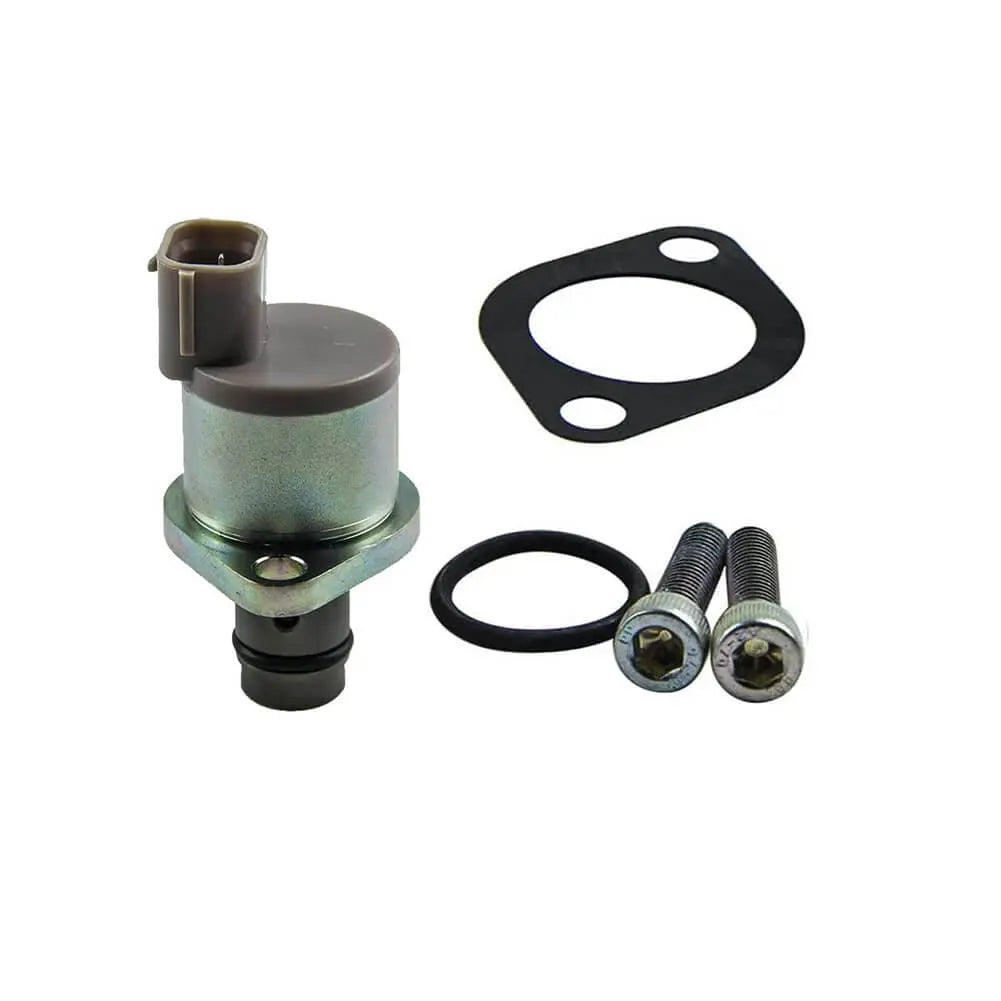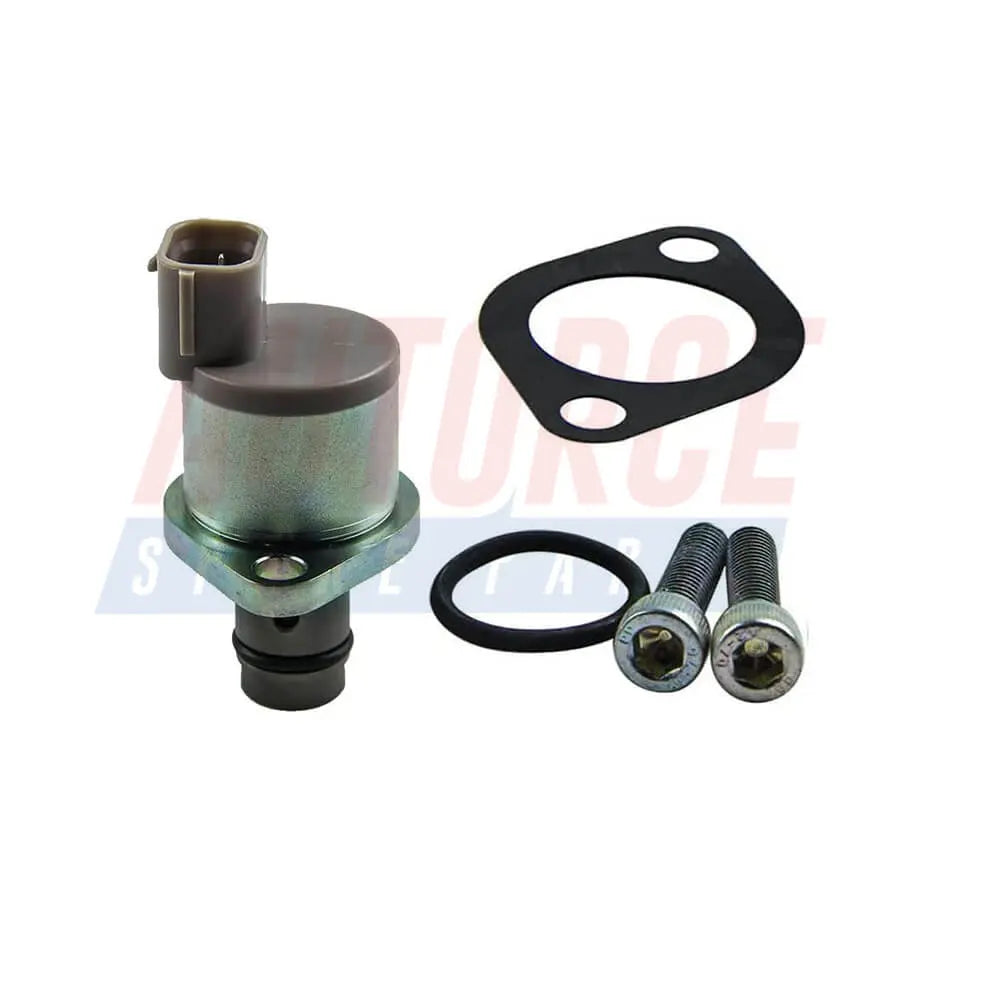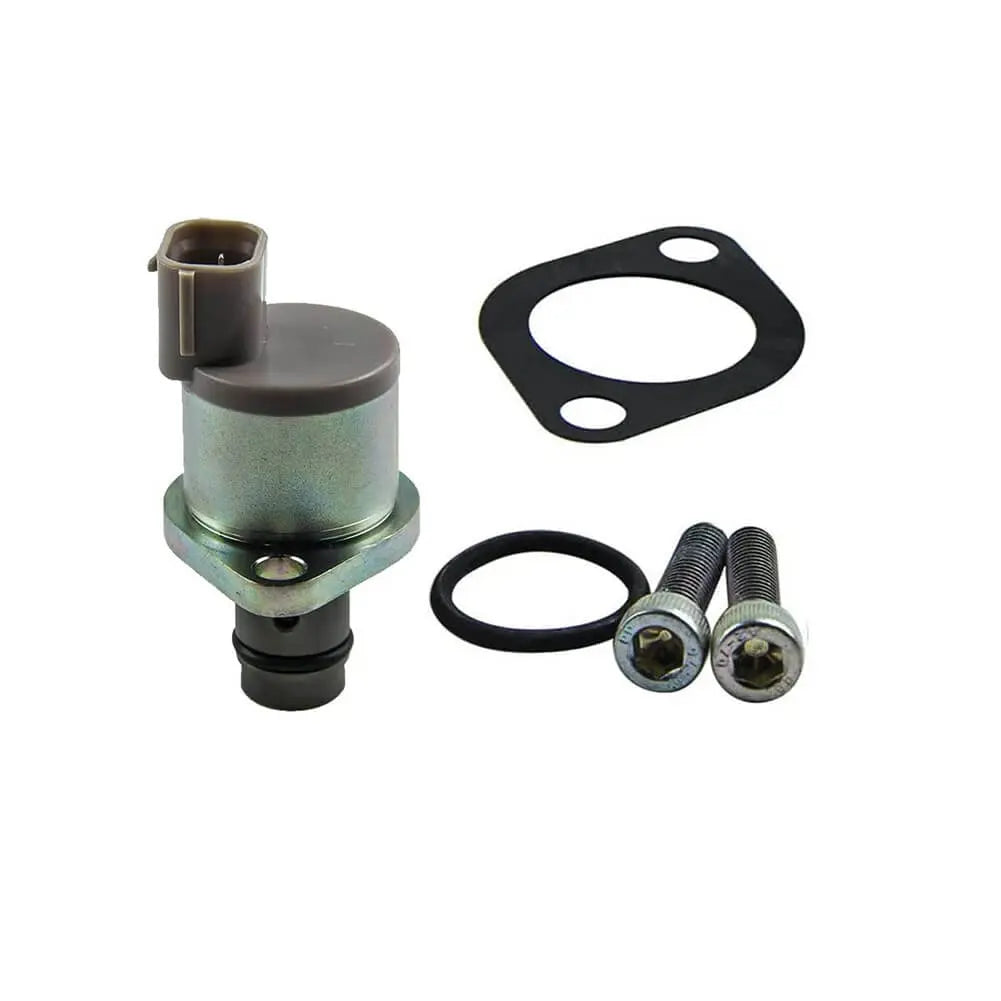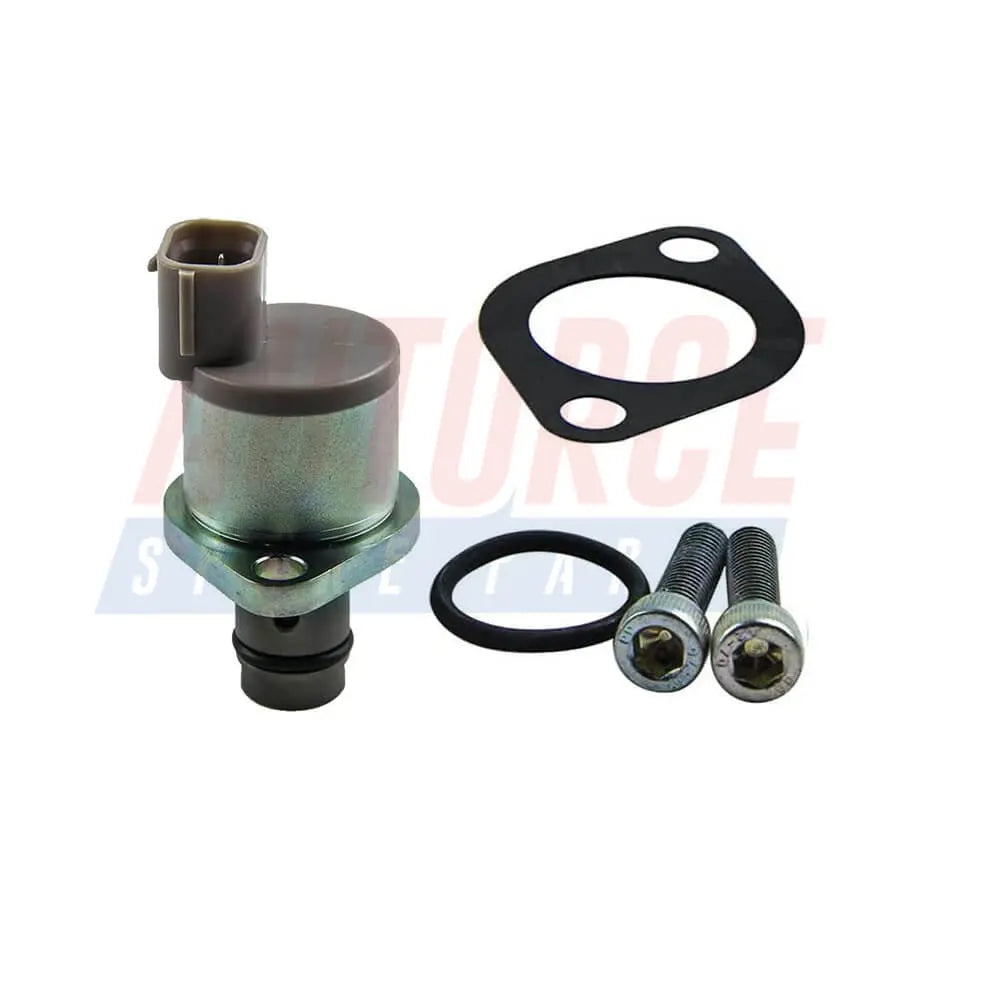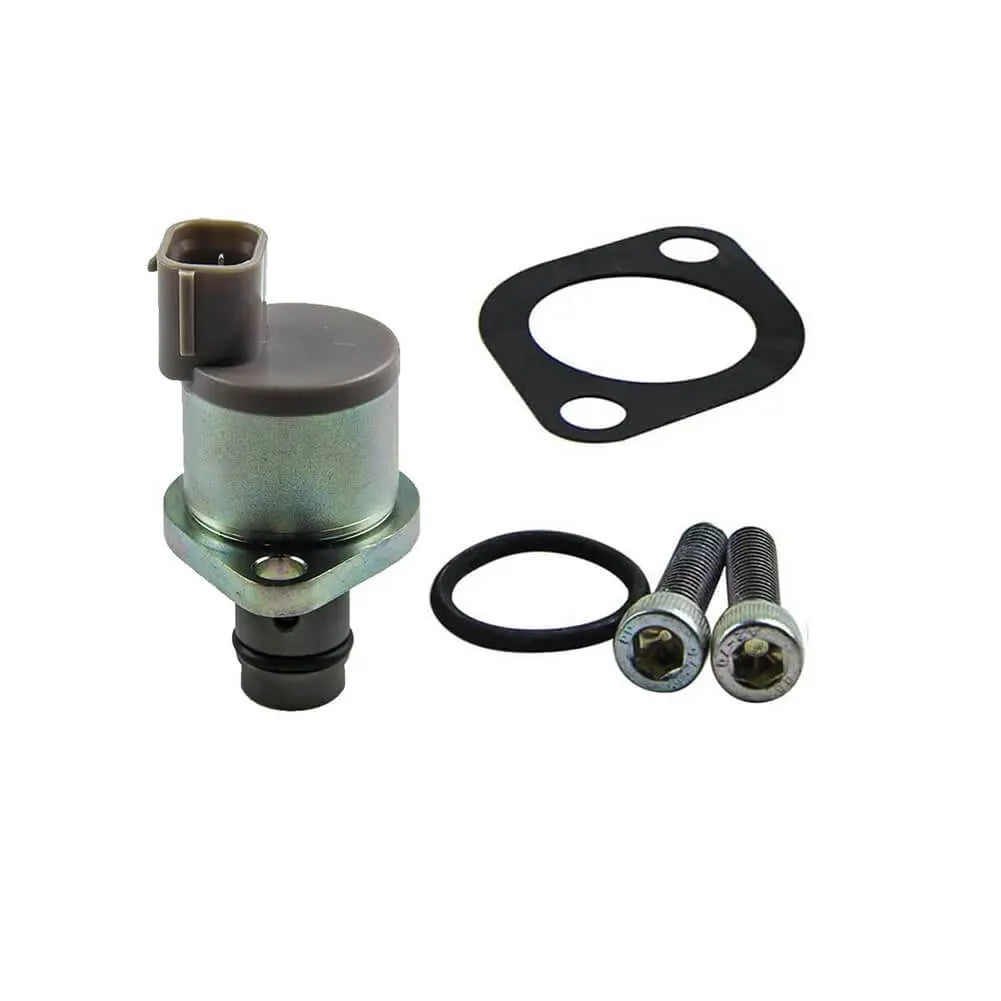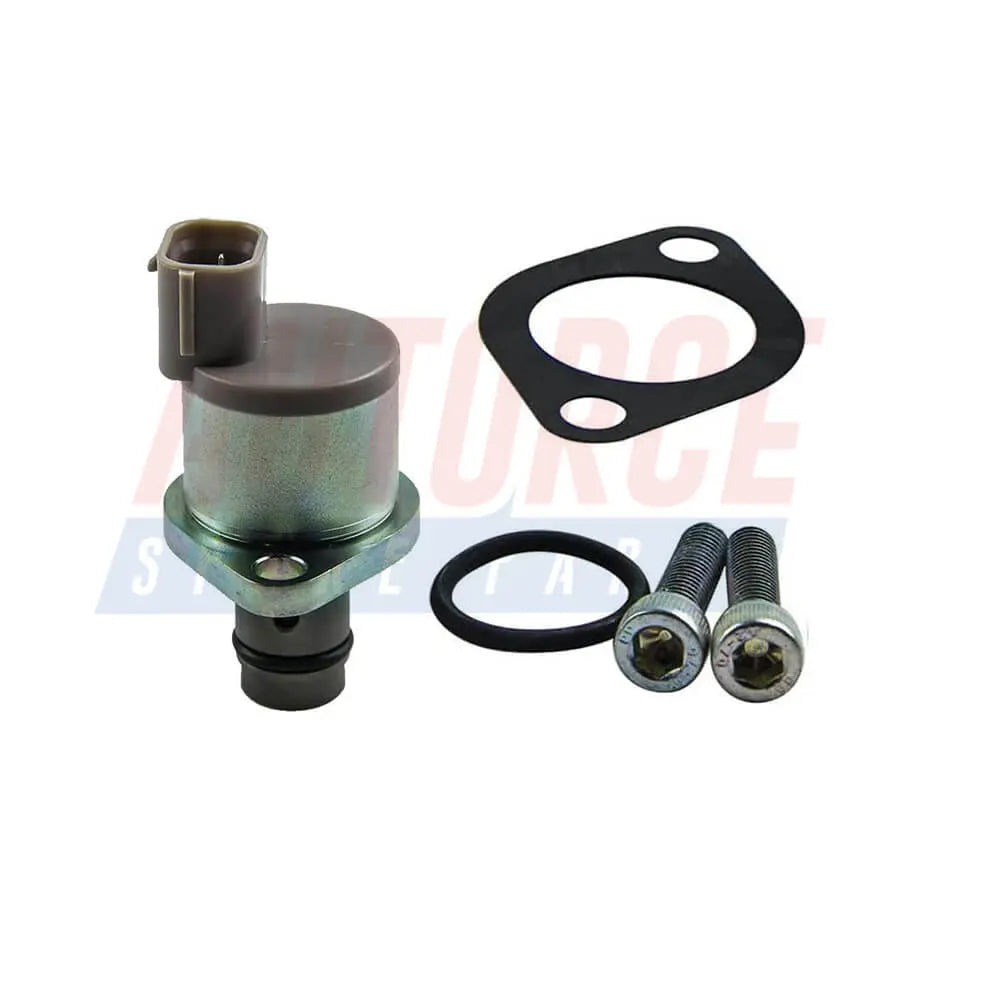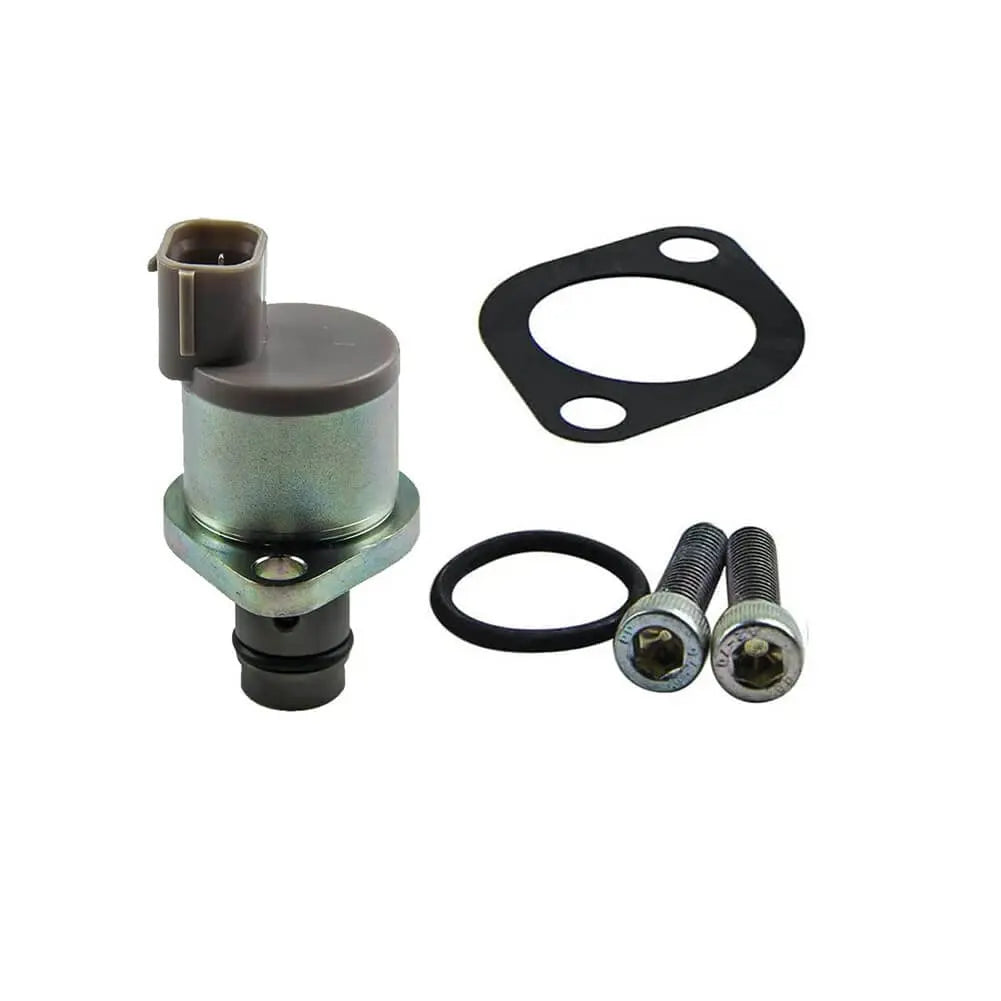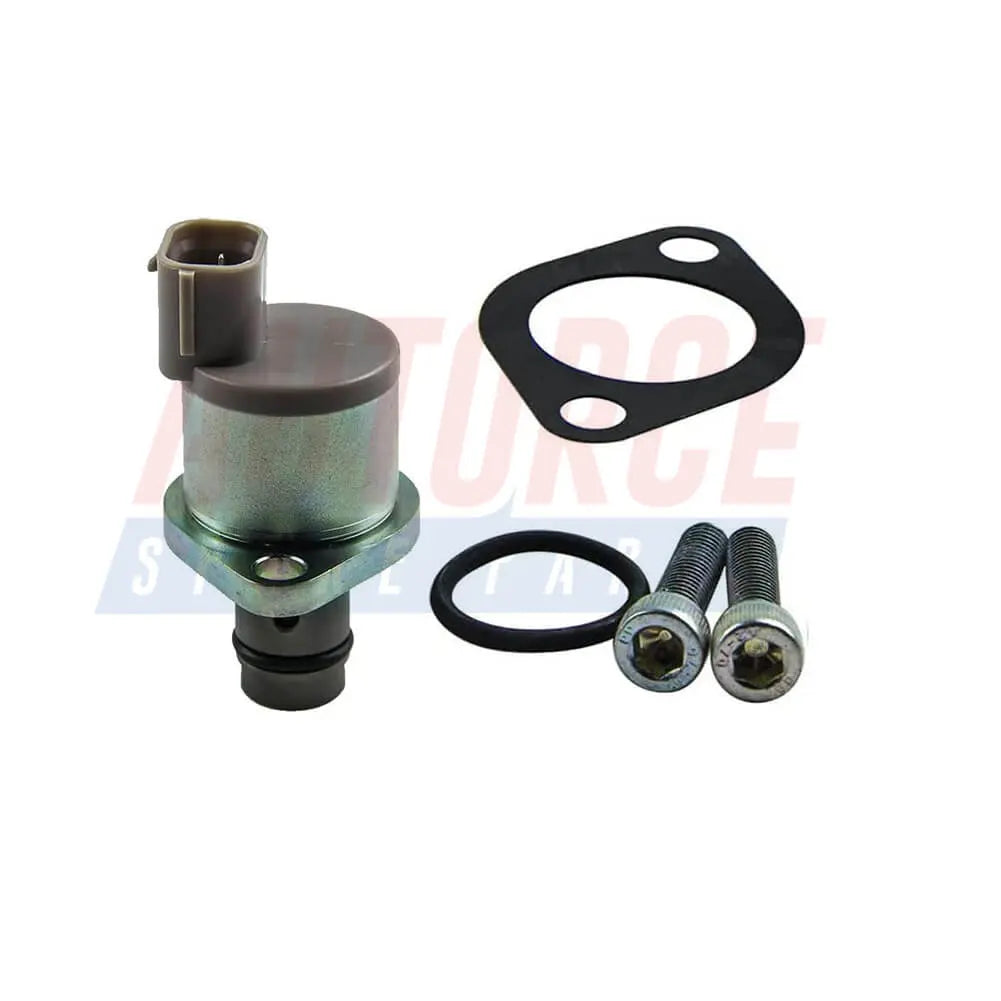Shop by Category
Fuel Pressure Regulator
4 products
Showing 1 - 4 of 4 products
Understanding the Importance of Fuel Pressure Regulators in Your Car
A well-functioning fuel system is vital for the smooth operation of any car. One critical component of the fuel system is the fuel pressure regulator. While it may seem like a small and insignificant part, the fuel pressure regulator plays a crucial role in maintaining the proper fuel pressure for optimal engine performance. In this article, we will explore the functions and significance of a fuel pressure regulator in your car.What is a Fuel Pressure Regulator?
A fuel pressure regulator is a device found in fuel-injected vehicles that helps maintain a consistent fuel pressure in the fuel rail, ensuring the engine receives the right amount of fuel under varying conditions. It is typically located on the fuel rail or near the fuel injectors.How Does It Work?
The fuel pressure regulator operates by monitoring the fuel pressure in the fuel rail and adjusting the flow of fuel accordingly. It receives information from various sensors such as the manifold absolute pressure (MAP) sensor and oxygen sensors to determine the appropriate fuel pressure. The regulator utilizes a diaphragm and a spring mechanism to control the fuel flow, reducing or increasing it as required.Maintaining Optimal Fuel Pressure:
The primary function of a fuel pressure regulator is to maintain the fuel pressure within a specific range. This is important because different driving conditions and engine loads require varying amounts of fuel. By regulating the pressure, the fuel pressure regulator ensures that the fuel injectors receive a consistent supply of fuel, promoting efficient combustion and optimum engine performance.Fuel Efficiency and Emissions Control:
A properly functioning fuel pressure regulator helps improve fuel efficiency by ensuring that the engine receives the correct air-to-fuel ratio. When the fuel pressure is too high, excess fuel is supplied, leading to inefficient combustion. Conversely, low fuel pressure can cause a lean mixture, resulting in poor fuel economy. By maintaining the optimal fuel pressure, the regulator contributes to better mileage and reduced emissions.Pressure Regulation and Engine Protection:
In addition to optimizing fuel delivery, the fuel pressure regulator also safeguards the engine against potential damage. Excessive fuel pressure can strain the fuel injectors, causing leaks or premature failure. On the other hand, inadequate pressure may lead to fuel starvation and result in engine misfires or hesitation. By monitoring and adjusting the pressure, the regulator helps prevent such issues and promotes the longevity of the fuel system.Signs of a Failing Fuel Pressure Regulator:
Like any automotive component, a fuel pressure regulator can wear out over time and require replacement. Some common signs of a failing regulator include fluctuating fuel pressure, black smoke from the exhaust, engine misfires, difficulty starting the vehicle, and a noticeable decrease in fuel efficiency. If you experience any of these symptoms, it is advisable to have the fuel pressure regulator inspected and replaced if necessary.The fuel pressure regulator may be a small part, but its role in maintaining the proper fuel pressure cannot be understated. By regulating fuel flow and ensuring optimal pressure, it contributes to improved fuel efficiency, reduced emissions, and protects the engine from potential damage. Regular maintenance and timely replacement of a failing fuel pressure regulator can help keep your car's fuel system in top condition, ensuring reliable and efficient performance for years to come.
Filters (0)

